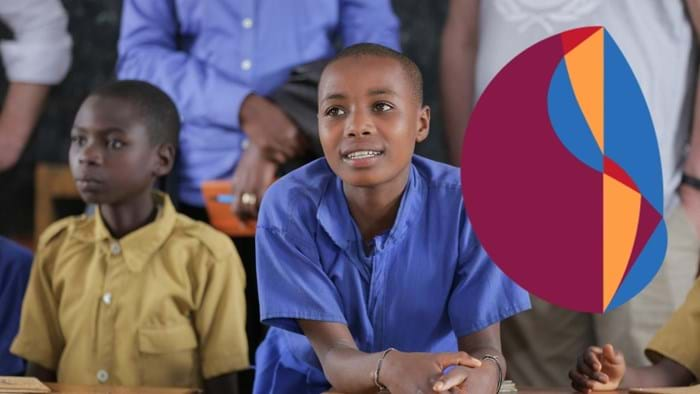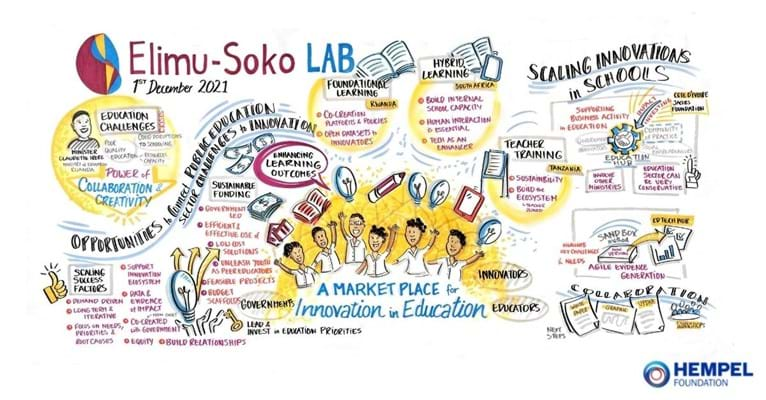- 000,000
children will benefit from improved access to quality education
Where
Kigali, RwandaFocus area
EducationDuration
2022-2024Economy
DKK 3,25 million
Background
The education sector in Rwanda has improved over the last decade, most notably with increased enrolment rates. Despite this commendable progress, there are still challenges to overcome as the country pivots to enhancing the quality of education to improve learning outcomes. Some of the challenges identified are lack of adequate foundational skills and limited teacher capacity.
The initiative
To demonstrate good practice in bridging the divide between governments and innovators, an official agreement was made in the beginning of 2022 between the Government of Rwanda, the Hempel Foundation and Dalberg Advisors to carry out a project that would support the government in testing solutions fit for supporting teacher training at scale. During 2022 the implementation plan was developed to test the solution across 40 schools during 9 months of 2023.
The Elimu-Soko initiative, funded by the Hempel Foundation, connects and supports innovators and governments to improve quality schools. Elimu-Soko has a systematic approach that helps solve the key bottlenecks hindering innovators from accessing public schools by
- Understanding the top priorities and needs of Education Ministries and identify innovators to address those challenges cost-effectively.
- Act as a broker to help assess the solutions with highest impact.
- Finance pilot programs and then scale up the proven innovations
- Share learning with other countries
Indhold blokeret
Dette element kan ikke vises, da du ikke har givet accept til følgende typer af cookies:
- Marketing
Du kan ændre dine indstillinger ved at klikke på knappen herunder.
In the longer term this partnership will contribute towards…
- Supported government in Rwanda in removing obstacles to the use of innovations in public education systems.
- Provided innovators with a better understanding of government demands, key constraints, and opportunities.
- Improved access to quality education for millions of children by scaling innovative solutions
Next stop: Zanzibar
Drawing from the invaluable insights gleaned from the Rwanda pilot, the program now sets its compass toward Zanzibar. Here, amidst significant strides in universal basic education access, the challenge of teacher training looms large. Despite governmental efforts to improving access to universal basic education in the past four years, many freshly minted graduates from Teacher Training Colleges find themselves ill-prepared for the rigors of the classroom. This shortfall in professional development directly impacts student achievement, sparking the need for innovative interventions.
Launching the new initiative, its mission is to bolster foundational learning outcomes for 20,000 students and empower 250 primary teachers with essential skills. The objective? Equipping educators with context-specific solutions to seamlessly navigate the challenges inherent in Zanzibar's classrooms.
TeachUNITED emerged as the innovative partner for the Elimu-Soko teacher training expansion into Zanzibar. Building on a long history of collaboration with teachers and ministry officials in Tanzania's Arusha Region, TeachUNITED stands ready to adapt and expand its program to meet the unique needs of Zanzibar's primary teachers.
“When educators are supported and equipped with high-impact strategies, they transform the learning journey for their students. We’re honored to work with the teachers of Zanzibar to foster an environment where both teachers and students thrive.” (Heather Hiebsch, CEO TeachUNITED)

